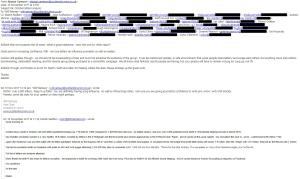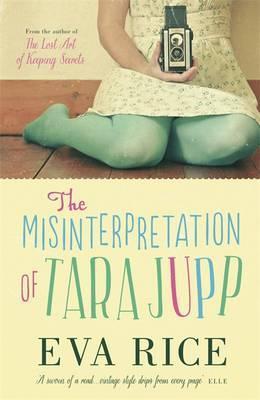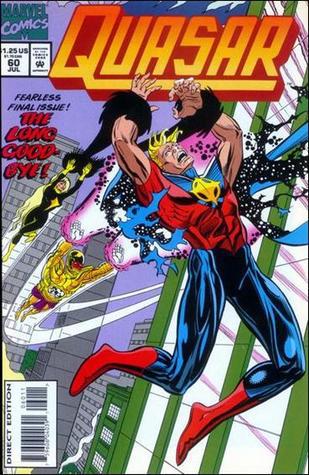
Picture courtesy of Wings Over Scotland
It is not at all surprising to find British Nationalists organised enough to mount an ongoing coordinated letter-writing campaign, as uncovered by Wings Over Scotland. But it may be worth exploring why the Yes movement has, arguably, been less effective in using the letters pages of national and local newspapers to convey its message.
In the immediate aftermath of the 2014 referendum, after I had recovered sufficiently from the disappointment of the result – but while still fired by anger at the methods used to secure the No vote – I sat down to reflect on that result and how it had come about. At that time – and to this day – much of the Yes movement’s ‘post mortem’ on the first independence referendum campaign involved endless circling around the question of what we did wrong. There was – and still is – a lot of finger-pointing. And lots of woefully simplistic analysis.
It was Alex Salmond’s fault. It was the SNP’s fault. We didn’t have enough answers. We didn’t have the right answers. We gave totally the wrong answers. Much of the criticism amounted to no more than a rehashing of the all-too-familiar refrain heard from certain individuals in the Yes movement throughout the campaign. The incessant background whine telling us that we were talking to the wrong people about the wrong things at the wrong time in the wrong places and in the wrong way. It didn’t matter who we were talking to or what we were talking to them about or when or where we were doing it or what ‘tone’ we adopted it was, these carping voices assured us, all wrong.
It was a truly facile critique. Not least because it was such a scatter-gun attack it was bound to hit a valid target, even if only incidentally. The Yes movement was then, and still remains, so large and diverse that there were always lots of different campaigners talking to lots of different people about lots of different things at every opportunity and in diverse locations and with myriad different voices. It was pretty much inevitable that, at any given time, some part of this might reasonably have been labelled ‘wrong’ in some sense.
I very quickly concluded that this kind of analysis was less than helpful. It was superficial and too concerned with recrimination and blame-shifting to be of any great use as a guide to where – or even whether – the Yes campaign had failed. It soon occurred to me that, if we wanted guidance on how to win a future independence referendum, we should be looking at the winners of such a campaign, rather than the losers.
Doing this, while also stripping out emotion and prejudice as far as possible by the simple expedient of treating the whole exercise like a review of a marketing campaign, several things soon became apparent. Not the least of these was the advantage that British Nationalists gained from the stark simplicity of their message. Not only is a very basic message easy to understand, it is also easy to promulgate. The No message was/is clear, comprehensible and, most importantly, consistent. That was its strength.
The Yes message hit none of these marks. But that’s not something I want to deal with here. What concerns us here is the implications for a coordinated letter-writing campaign of having a core message that is as simple and pointed as possible.
One of the most significant advantages relates to propaganda cues. Basically, what happened during the first referendum campaign was that Better Together/Project Fear would choose a topic – say, defence. They would latch onto some ‘independent report’ or comments elicited from some retired senior military figure, distil this down to a one line message and push it through the media. This is the propaganda cue that is picked up by those writing letters and posting below-the-line comments and engaging in social media ‘debate’. They are never off-message, because the message is too tight to leave any scope for going off-message. That message may be nonsense or lies or both, but it has power and gains traction because of its endless and unvarying repetition.
A coordinated letter-writing campaign is easy for British Nationalists. It would have to be. Generally speaking, these are not clever people. But it’s not necessary that they be clever. The propaganda cues are so obvious and the message so simple that they need only be able to read a headline and parrot a phrase fed to them by the media in order to make an effective contribution to the anti-independence effort.
The Yes campaign needs to learn some lessons from this.
If you find these articles interesting, please consider a small donation.
All monies received are used in furtherance of the campaign
to restore Scotland’s rightful constitutional status.





